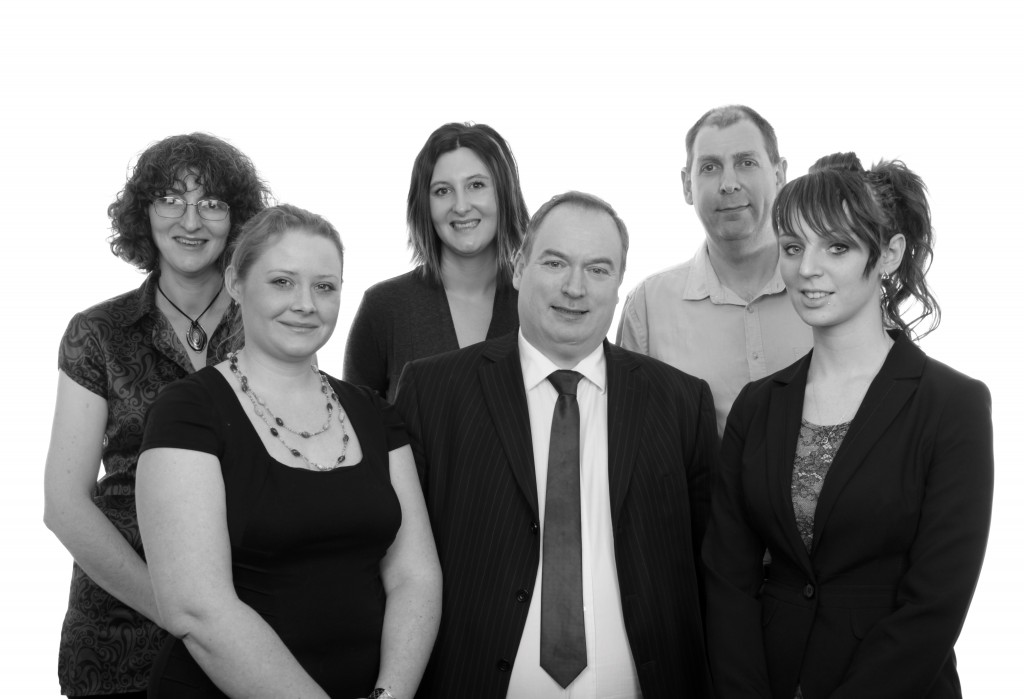
Here at Forrest Williams, we are often asked about our success rates.
What percentage of people ‘get off’, ‘find a loophole’?
We love this question, because the answer is never what people expect.
Success is different to different people.
Success for one client is delaying an inevitable disqualification until October so she can keep her promise to her daughter about the fun-filled summer holiday they will have with lots of days out planned.
Success for another client is being patient with him as he asks the same questions several times a day because he is absolutely terrified by the whole procedure, then allowing him the freedom to plead guilty when a potential defence is present because he just needs to have the matter over with.
Success for another client is telling her, in very strong terms, to accept the Fixed Penalty and not spend thousands of pounds fighting it – like other firms have told her to – when there is no defence.
Success for many clients means a disqualification avoided, a conviction avoided, a conviction overturned on Appeal.
But success also means a successful application to have a driving licence returned early, allowing one client to see his children more often and expand his business.
And success sometimes means finding the most caring, sensitive barrister there is to represent a client at an incredibly vulnerable time in their life.
Sometimes, success is just having someone at the end of the phone who truly, truly cares.
There are as many versions of success as there are clients, and we are committed to obtaining the rest result for each individual client, whatever that may be.
If you believe that you deserve representation from experts who will see you as an individual, not as a number, give us a call.
Initial advice from one of our skilled and friendly case workers is always free, and we always advise you of the best course of action for you, not us. Call us on 01623 397200

